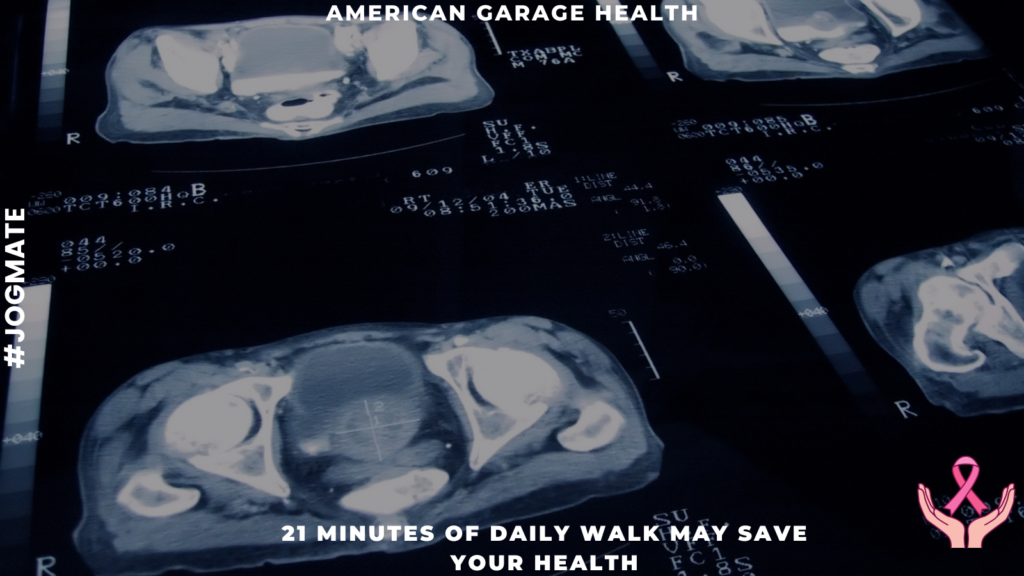
The study, titled 'Acute effect of high-intensity interval aerobic exercise on blood myokine levels and tumor-suppressive effect in trained patients with advanced prostate cancer,' was published in Prostate Cancer and Prostatic Diseases.
Exercise has been proven to be a cancer medication by Edith Cowan University (ECU)’s researchers, and they also claimed every dosage matters even in the late stages of the disease.
Interleukin-6 (IL-6), a protein that fights cancer, is released into the bloodstream as a result of physical activity, according to earlier study from Newcastle University that was published in the International Journal of Cancer.
One other study from ECU’s Exercise Medicine Research Institute showed that men with advanced prostate cancer may alter the chemical environment of their bodies to prevent the growth of cancer cells by exercising for six months.
The researchers found increased levels of myokines, proteins produced by skeletal muscles that can inhibit the growth of tumours and even actively fight cancer cells by activating a number of defence mechanisms in the body. A single exercise session, however, can boost myokines even more and cause more cancer suppression, according to a recent EMRI study.
Professor Rob Newton, an EMRI researcher, and study supervisor called it a “breakthrough moment” in exercise oncology. “The findings from our work are particularly exciting because we report for the first time that men with advanced prostate cancer can produce an acute elevation in anti-cancer molecules called myokines in response to a single bout of vigorous exercise,” he said. “This is helping us to understand why patients with cancer who exercise exhibit slower disease progression and survive for longer.” “These patients are palliative, so there is no cure and they will eventually succumb — however, there is evidence that exercise will extend survival and the increased myokine levels explored in our recent paper is a prime mechanism.“
Importantly, this exercise-induced medicine happens in patients with incurable, advanced cancer, when the illness has already taken root and individuals have previously had substantial treatment over many years.
Nine patients with advanced prostate cancer exercised for 34 minutes on a stationary cycle, with blood serum obtained immediately before and after, and again 30 minutes later. The serum taken immediately after this “dosage” of exercise included enhanced amounts of anti-cancer myokines, which reduced the development of prostate cancer cells in vitro by around 17%.
Serum myokine levels and cancer suppression recovered to normal after 30 minutes.
“The optimal dose of exercise is not yet known, but it is likely to be 20-plus minutes each day and must include resistance training to grow the muscles, increase the size and capacity of the internal pharmacy, and stimulate the myokine production,” Newton said. “This study provides strong evidence for the recommendation patients with prostate cancer, and likely anybody with any cancer type should perform exercise most days, if not every day, to maintain a chemical environment within their body which is suppressive of cancer cell proliferation.”
Professor Newton said while there is much research still to be done, the results of this study could help shape the advice given to cancer patients immediately.